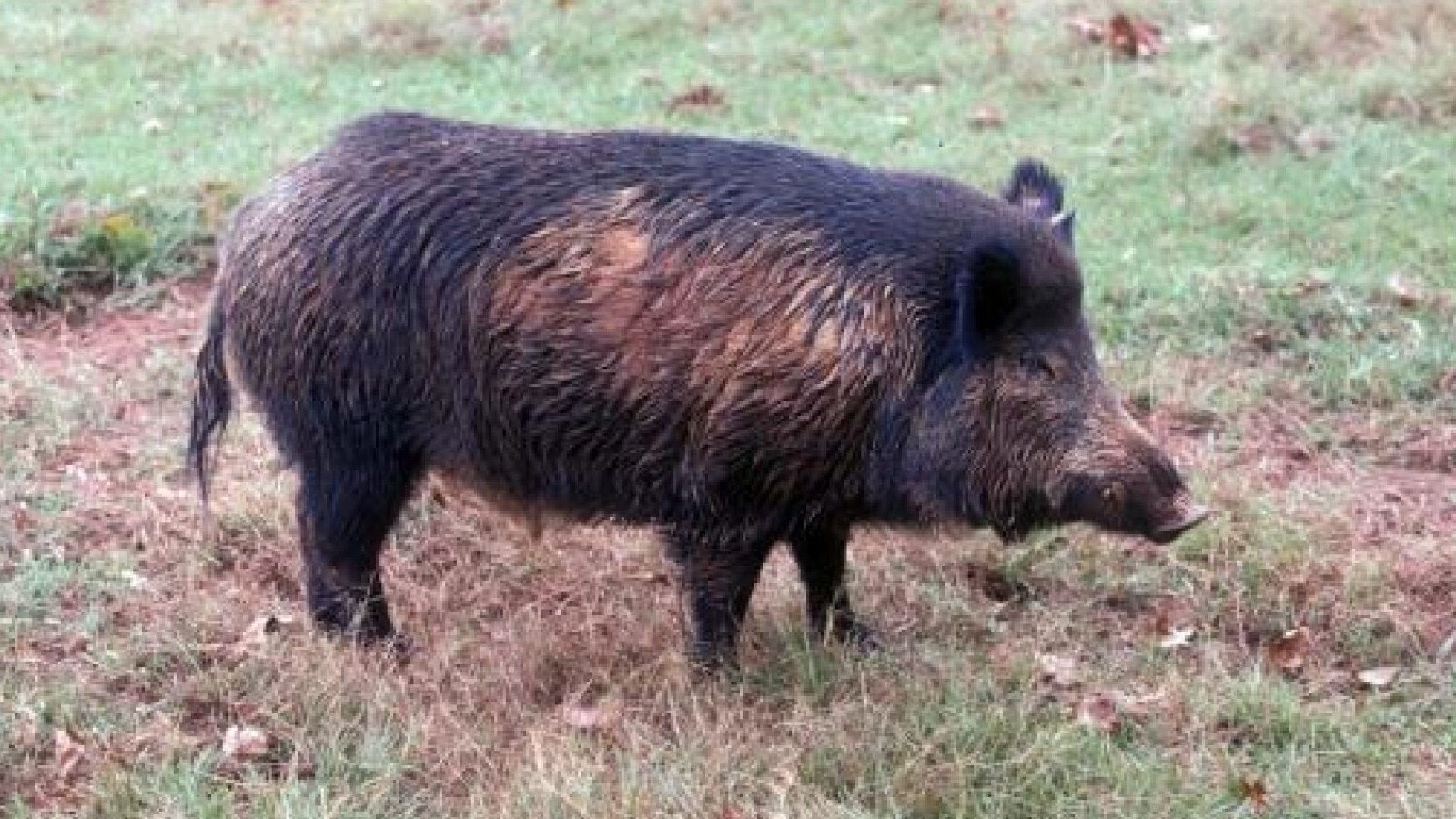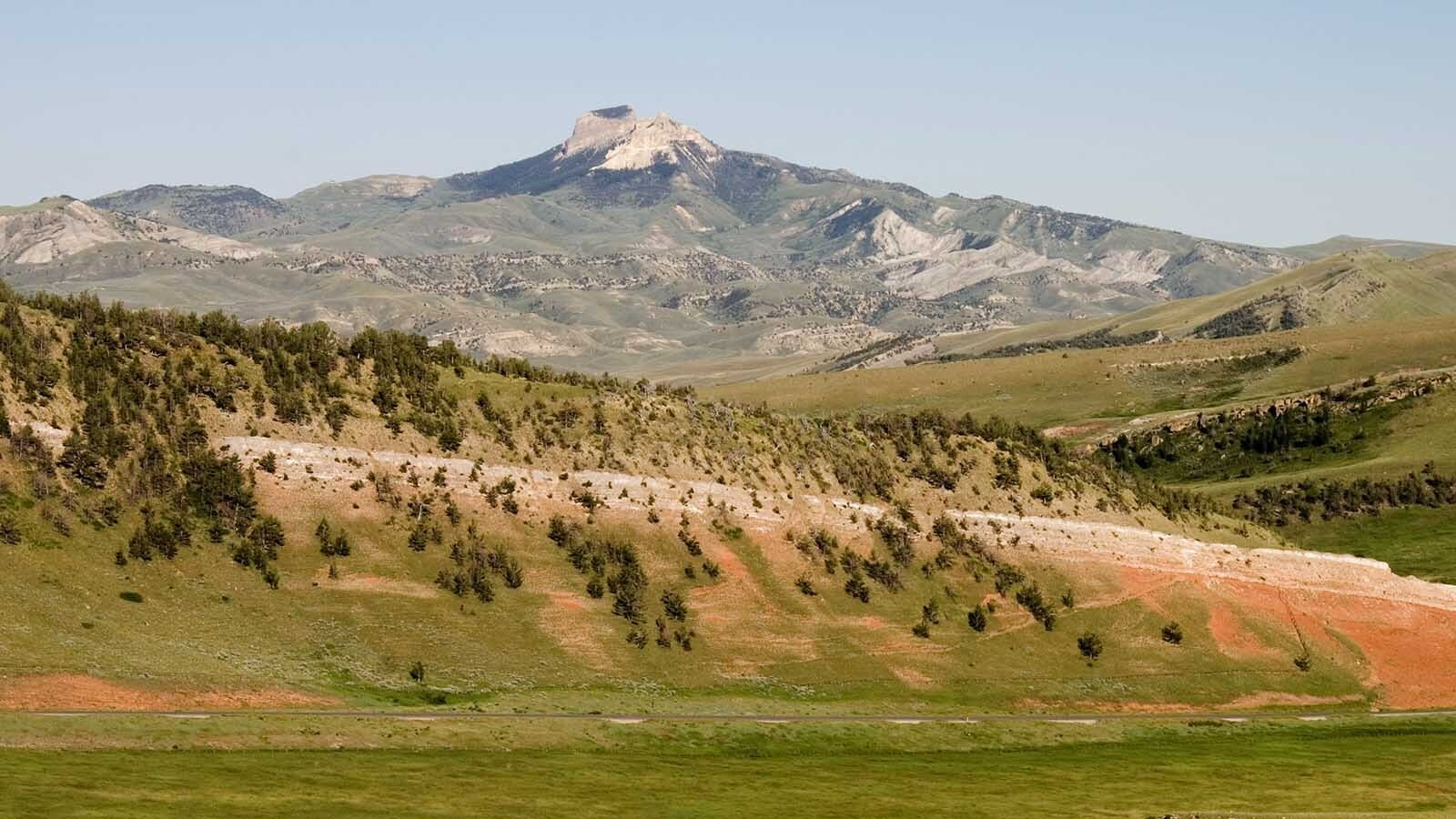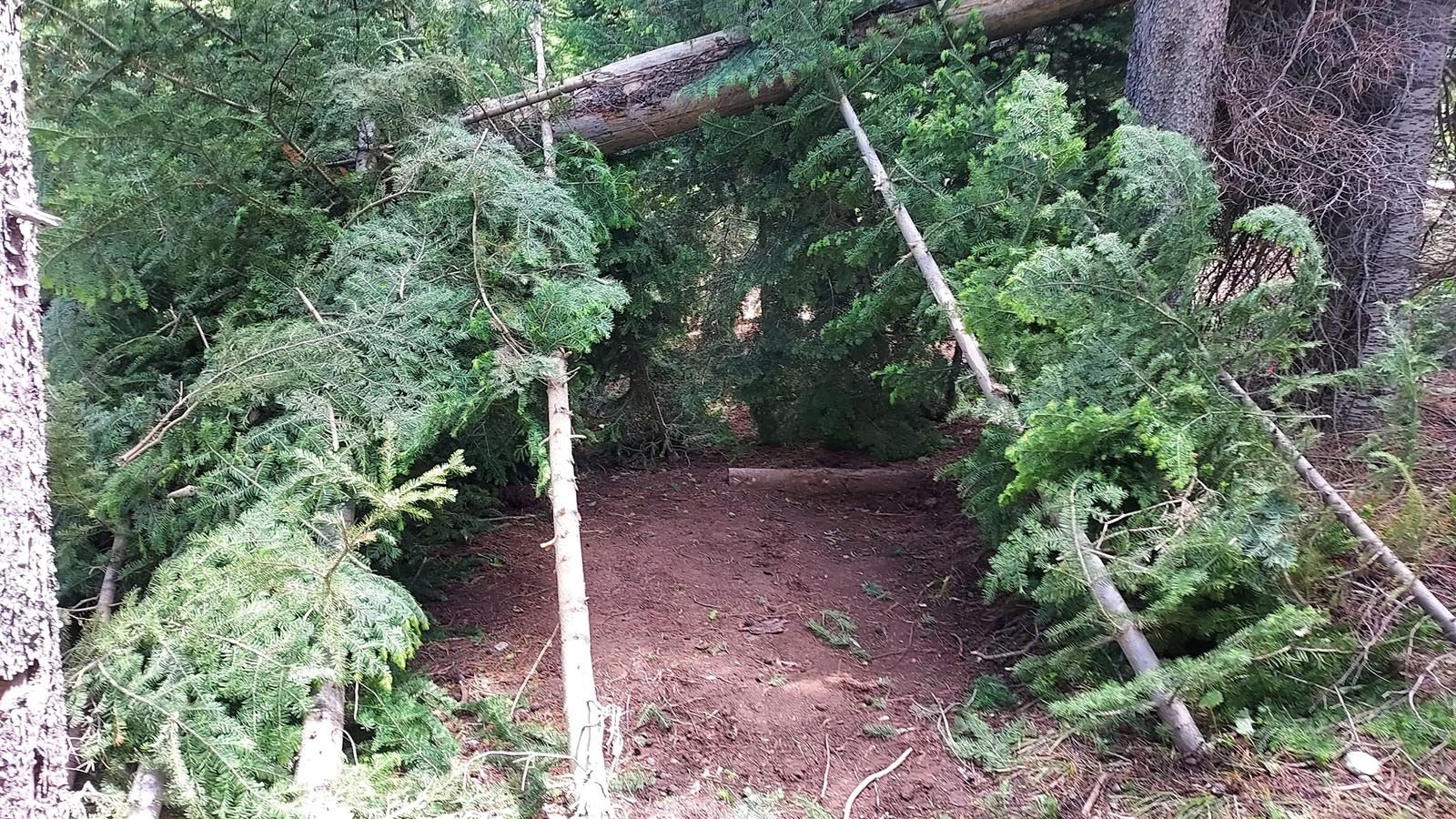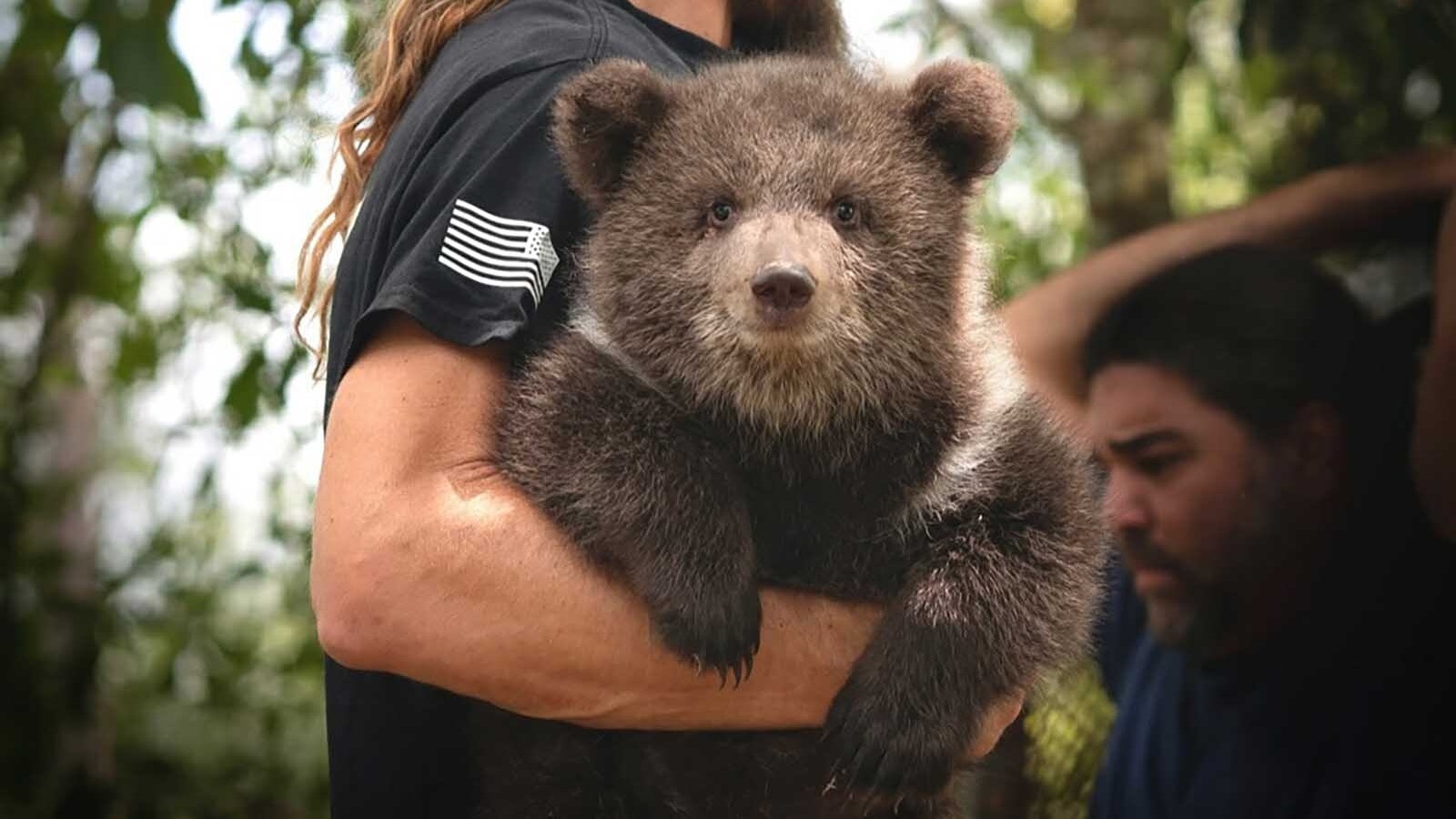While Montana is facing the potential threat of feral swine invading the state, Wyoming doesn’t have that problem to worry about — at least not yet.
The Montana Department of Livestock asked state residents to be vigilant about reporting sightings of feral swine coming in from Canada. The invasive species that can damage crops, pastures and waterways and introduce diseases among livestock, people and wildlife.
Sara DiRienzo, a spokeswoman for the Wyoming Game and Fish Department, told Cowboy State Daily on Thursday that although Wyoming has been tracking the feral swine’s movements from Canada, the animals haven’t made it this far south.
“Wyoming has been tracking the feral swine issue since they breached the Canadian border, but we don’t see it as a threat at this point,” she said. “Though, if someone did spot a feral pig in Wyoming, we would ask them to report it right away to Game and Fish.”
The Montana Department of Livestock noted that at least 39 states have reported the presence of feral swine, so there is some concern that some may be brought into Montana illegally to be hunted.
Wyoming one of the few states with no presence of feral swine, as of now.
“They would be considered an invasive species, so most states are trying to keep them out and from spreading further,” DiRienzo said.
There haven’t been any sightings in Montana yet, but the risk of the animals coming into the state is high because of the state’s proximity to the Canadian border.
But because of proper management in neighboring states and in Canada, the pigs have not made it to Wyoming.
Feral swine cause at least $1.5 billion in damages and control costs every year, according to the U.S. Department of Agriculture.
They can damage crops by eating them or by rooting, trampling or wallowing in fields. They tend to target crops such as corn, soybeans, wheat, oats and rice, but will eat almost anything.
Feral swine are known to carry at least 30 viral and bacterial diseases and nearly 40 parasites that can be transmitted to humans, pets, livestock and other wildlife, according to the USDA. The animals can also be aggressive toward people and pets and have been known to attack humans, especially when food might be involved.
While Montana law does allow homeowners to kill feral swine on their property, this has been shown to be an ineffective form of management, according to the Livestock Department.
The USDA recommended installing fences around crops and vaccinating livestock as two ways to prevent further issues with feral swine.





